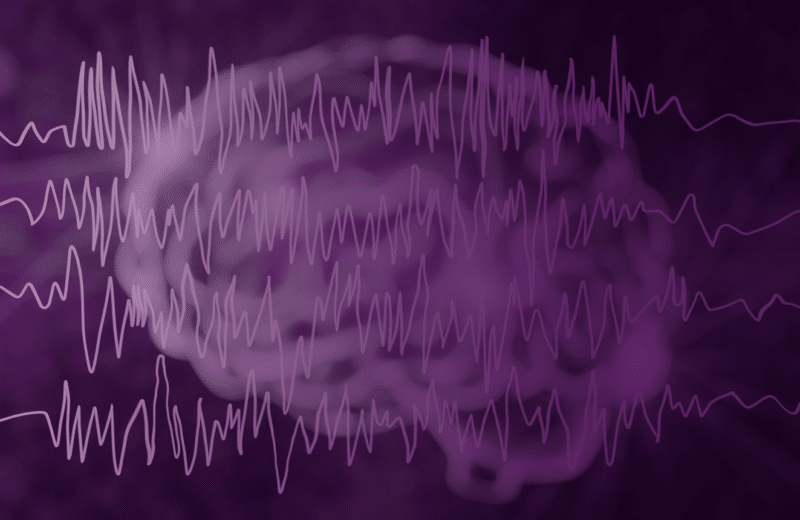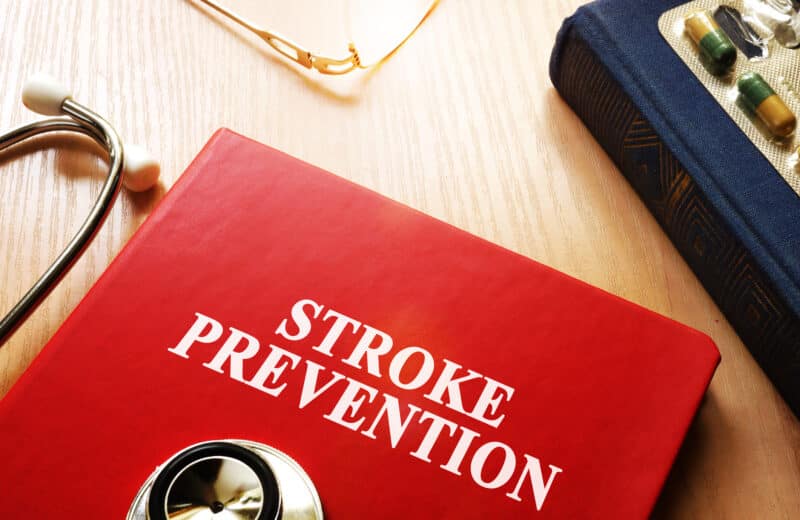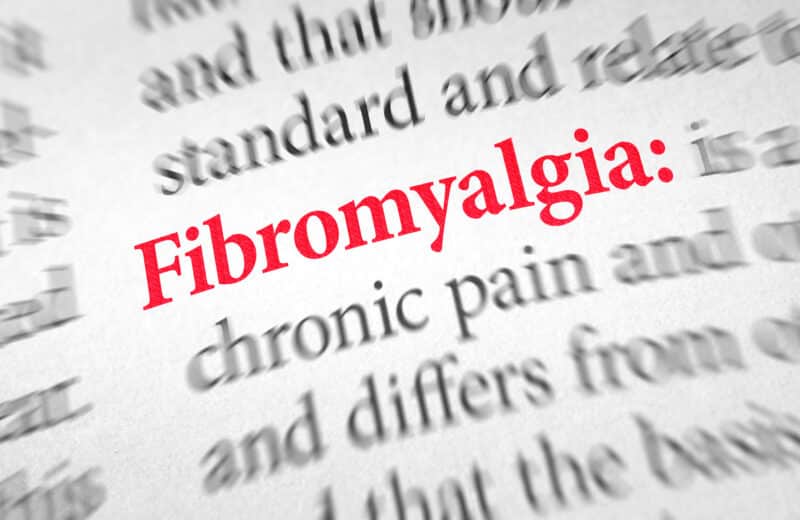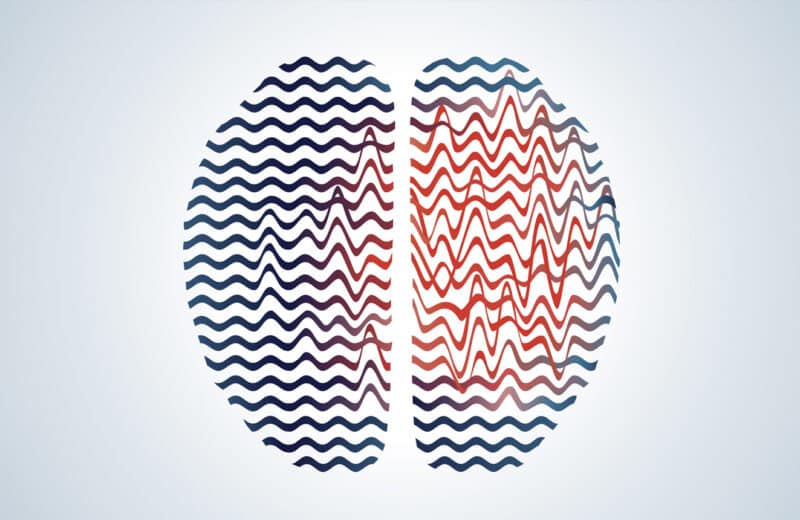The Medicine Cabinet: Ask the Harvard Experts
By Howard LeWine, M.D.
Q: I fainted a couple times in the past three weeks. I woke up on the ground. No injury but I don’t recall what happened. I consider myself a healthy 26-year-old woman. Should I be worried?
A: Fainting can be alarming, and it should be. While often the cause of fainting is something minor, it also can be a sign of a serious underlying medical concern. You definitely need prompt medical evaluation to determine if fainting is worrisome or not.
Fainting usually is caused by a temporary drop in blood pressure. During that brief drop, the brain does not get the blood flow that it needs — and you lose consciousness. In a young person, most often fainting is caused by stimulation of the vagus nerve, which can briefly lower both heart rate and blood pressure. The condition is called vasovagal syncope (SIN-cope-ee).
Vasovagal syncope can happen when you have blood drawn, get an injection, hear bad news, or even laugh too hard. Just before a person faints from vasovagal syncope, he or she often feels nauseated or breaks out in a cold sweat. You are more likely to faint if you have not been drinking enough fluids or have skipped a meal or two.
Another reason for blacking out is condition called orthostatic hypotension. Your blood pressure may drop when you stand. Often this just causes transient lightheadedness. But if you don’t lie down or sit when you are dizzy, you will likely faint.
With orthostatic hypotension, gravity temporarily pulls blood down into the veins of your legs and feet. This reduces the amount of blood that returns to the heart and which thereafter can be pumped to your brain. Dehydration and medications, especially blood pressure drugs, are common causes of orthostatic hypotension.
Several different heart problems also can temporarily lower blood pressure and lead to loss of consciousness. A very fast or irregular heart rhythm can cause the heart to pump blood less efficiently. Or the heart can beat so slowly it can’t pump enough blood.
Another serious cause of a sudden loss of consciousness is a seizure, which is an abnormality of the brain, not related to blood pressure. Some seizures produce dramatic shaking movements and loss of consciousness for longer than most fainting spells. However, other seizures can be more subtle and hard to recognize as seizures.
Call your doctor’s office today. Meanwhile, make sure you stay well hydrated. If you do get lightheaded, even a little, get down to the floor immediately and lift your legs. This increases blood flow to your brain to help prevent blacking out.
(Howard LeWine, M.D., is an internist at Brigham and Women’s Hospital in Boston and assistant professor at Harvard Medical School. For additional consumer health information, please visit www.health.harvard.edu.)













